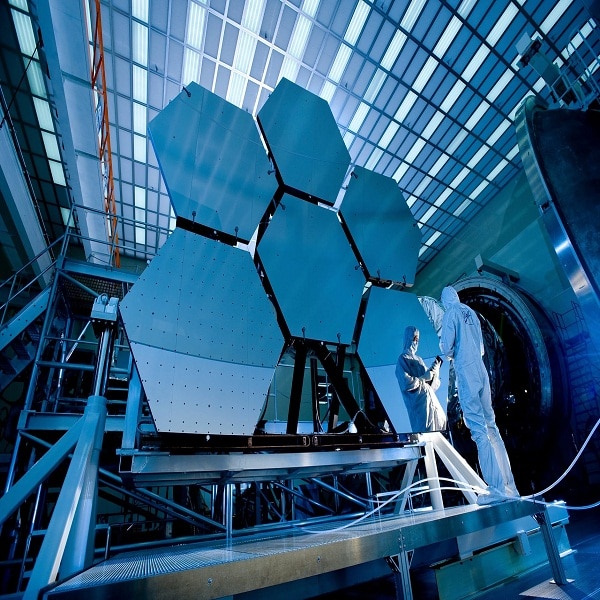Achieving a decarbonised future will require efficiency-boosting measures that AI can help to identify and implement.
What makes a city ‘smart’ is the collection and analysis of vast amounts of data across numerous sectors, from metropolitan development and utility allocation all the way down to manual functions like city services. Smart cities require the construction and maintenance of arrangements of sensors, equipment and other systems designed to create sustainability and efficiency.
Altering the strategy behind a city’s utilities operations is one of the major keys to making it smarter and more sustainable. AI solutions are already making significant strides where this is concerned. As the CEO of an AI company creating software for the utilities sector, the impact that advanced solutions are already having on the industry is something I’m very excited about.
One real-world example of AI powering smart city utilities is the Nvidia Metropolis platform, which uses intelligent video analytics to improve public services, logistics, and more. Nvidia describes it as being designed to: “create more sustainable cities, maintain infrastructure, and improve public services for residents and communities.” The company collects data from sensors and other IoT devices, city-wide, to provide insights that can lead to improvements in areas like disaster response, asset protection, supply forecasting and traffic management.
Another solution at the forefront of building smarter cities is a project led by Xcell Security House and Finance SA that aims to build the world’s first power plant guided by cognitive AI, driving utility development in West Africa. As the earliest implementation of an AI-powered plant from the ground up, it will employ advanced sensor-placement technology and techniques that embed knowledge and expertise into every part of the facility’s processes. Stakeholders will have streamlined access to facility-scale insights, creating a plant environment with greater risk mitigation as well as maximised efficiency and productivity.
When discussing energy efficiency, many factors enter the picture, including the impact of environmental factors as commonplace as temperature and humidity levels. Historically, experienced human operators were best equipped to identify efficiency-boosting adjustments. Today, cognitive AI is making moves to encode that human knowledge and expertise across providers’ entire operations, delivering recommendations at a moment’s notice. Explainable AI creates the trust necessary for operators, engineers and stakeholders to solve acute issues quickly. The system’s shrewd situational awareness helps detect, foresee and solve problems, even when circumstances are in constant flux – scenarios as critical as an entire city’s water and power supply.
AI is already playing a principal role in supporting the move towards smarter cities by helping entire sectors get closer to efficiency and net-zero objectives. Achieving a decarbonised future will require more resourceful processes that boost efficiency and reduce waste. AI for utilities can elevate productivity, yielding more attention around resource consumption, and hastening the adoption of renewable, carbon-friendly strategies on a global scale.
According to a report from IDC, smart city technology spending across the globe reached $80 billion in 2016 and is expected to grow to $135 billion by 2021. It is imperative that companies, industries, and other entities looking to participate in this important stage of digital transformation seek out industrial-grade AI companies with software that provides holistic, organisation/sector/city-wide insights through sensor placement technology and data collection techniques.
Governments at every level, as well as public and private organisations, are facilitating technological implementation and digital transformation. Private and public partnerships have become a major mechanism by which cities can adopt technology that makes them smarter. The best course of action is to embrace AI that blends knowledge-based reasoning with advanced digitalisation techniques, helping stakeholders distinguish unanticipated scenarios and make tough choices.
Choosing the most dynamic form of AI to transform the utilities sector will contribute remarkably to the development of smart cities. Enhanced communication, strengthened collaboration, increased fuel savings and decreased waste will help companies – particularly in high-value industries – to increase their profits. Indelible process improvements, like streamlined operational capacities where all facilities function more efficiently in harmony, are the future of smart city technology.
Source: E&T










